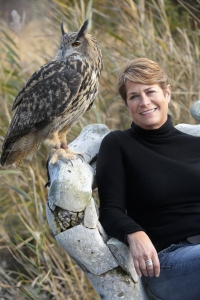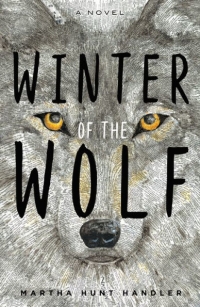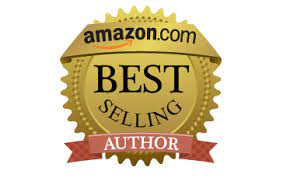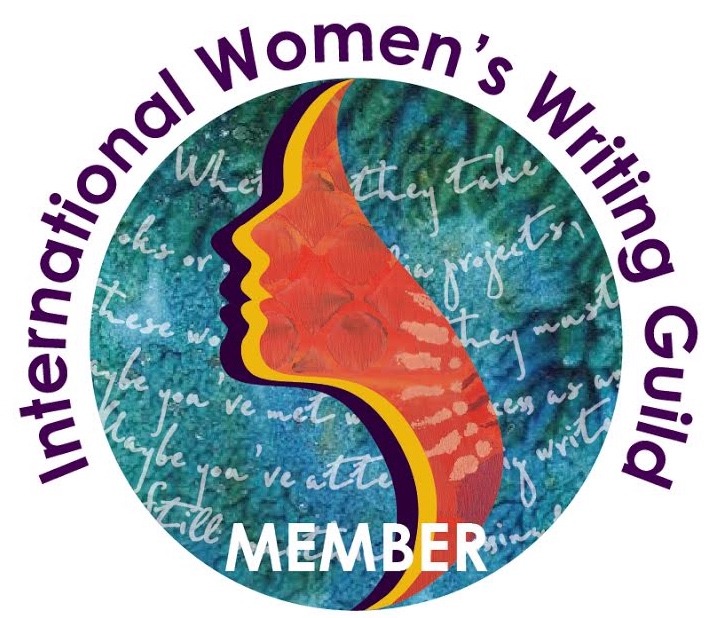The Silver Lining Book Group
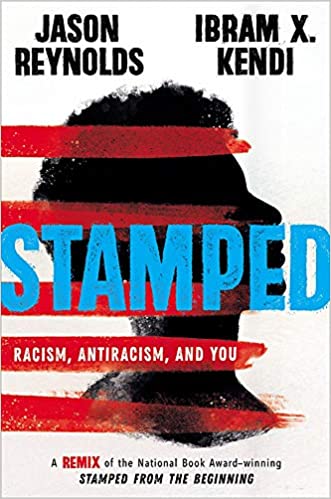 For me, half the fun of reading a book is dissecting it with others afterward. Hearing their insights and takeaways seems to help cement it into my memory bank. When this doesn’t happen, the content tends to fall into my brain’s slush pile, making it impossible to retrieve. This likely has to do with my age and the fact that I predominately read books on a Kindle, where I only see the cover and title when first selected. However, I’ve found it challenging to find a suitable book group. I was spoiled by the first one I was invited to join in my late-20’s. It was comprised entirely of women with Ivy League undergraduate literature degrees – except for me. When we’d meet, I felt as if we’d read two different books, as they’d pick up on symbolism, metaphors, and stories within the story, that I’d missed. By the time we disbanded, I felt like I’d earned a literature degree. For the next thirty years, I searched for a similar group but was unsuccessful. The few I did join were too uniform in makeup which limited the discussions, and, frankly, most who attended were more into wine and cheese than literature. In fact, on average, no more than 40% had even bothered to read the book.
For me, half the fun of reading a book is dissecting it with others afterward. Hearing their insights and takeaways seems to help cement it into my memory bank. When this doesn’t happen, the content tends to fall into my brain’s slush pile, making it impossible to retrieve. This likely has to do with my age and the fact that I predominately read books on a Kindle, where I only see the cover and title when first selected. However, I’ve found it challenging to find a suitable book group. I was spoiled by the first one I was invited to join in my late-20’s. It was comprised entirely of women with Ivy League undergraduate literature degrees – except for me. When we’d meet, I felt as if we’d read two different books, as they’d pick up on symbolism, metaphors, and stories within the story, that I’d missed. By the time we disbanded, I felt like I’d earned a literature degree. For the next thirty years, I searched for a similar group but was unsuccessful. The few I did join were too uniform in makeup which limited the discussions, and, frankly, most who attended were more into wine and cheese than literature. In fact, on average, no more than 40% had even bothered to read the book.So, a week into Covid 19 home confinement, when I received a family group text asking who’d be interested in having a Zoom book group, I was 100% on board. Not only would this group be age diverse (ranging from 12 years-old to 81 years-young (my mother-in-law), we are also somewhat geographically diverse (we live within a 75-mile radius of New York City, but reside in three states: New York, Connecticut and New Jersey (and California and South Carolina if we’re counting those in college)), and we reside homes or apartments that are either in upper to middle-class, largely white neighborhoods, in more diverse suburbs, or in the city. As far as religion goes, most of us are Jewish, either by birth, conversion, or because of Ancestry DNA results (I’ll save that for another blog!), a few are Christian, and some are a combo of the two. And racially, though we’re predominantly Caucasian, we have African Americans in the mix (a cousin married a black Jamaican, and they have two bi-racial children, and my sister-in-law and her husband adopted a boy from Ethiopia.)
My adopted nephew, now 13 years old, chose our first book, Stamped: Racism, Antiracism, and You, by Jason Reynolds and Ibram X. Kendi. I wasn’t familiar with either author, so I did a bit of research. Kendi is one of America's foremost historians and leading antiracist voices. He's Founding Director of The Antiracist Research and Policy Center at American University, where he teaches history and international relations, and he won the National Book Award for Nonfiction for Stamped from the Beginning: The Definitive History of Racist Ideas In America. And Jason Reynolds has written award-winning poetry and novels for young adult and middle-grade audiences. The novel we’re reading is "A remix" of Kendi’s aforementioned book. Barns and Noble describe it as a “gripping, fast-paced, and energizing narrative…” which, trust me, is an understatement. Due to timing and delivery issues, I had to download the book on my Kindle, though I’d have preferred to have a hardcopy, because, as I soon learned, a book this powerful deserves to be held in one’s hand.
I thought this was a perfect choice because my racial IQ is low. Growing up in northern Illinois, my world looked very white, except for the migrant Mexican “pickers” who appeared seasonally. The first two blacks that lived in our community arrived via Ghana as part of our high school foreign exchange program. Though the details are fuzzy all these years later, I know they were both assaulted and had to return home early, but we didn’t discuss the event, in or out of school, so I never fully processed what had happened nor why.
After graduating, I attended the University of Colorado. It was much more racially diverse than Illinois, but I didn’t see or hear of any racial tension, though it’s quite possible it was happening, and I just didn’t notice. Admittedly, I drank the Boulder Kool-Aid. I believed that we were living in Eutopia and that Boulder was the hippest, most enlightened, and accepting city in the country. But I must have been mistaken, because twenty plus years later when my best friend from college, who still resides in Boulder, adopted a black boy, displaced after Hurricane Katrina, she experienced racism on a level neither of us could believe.
Since that time, there've been events that have made me realize just how ignorant I’ve been. We lived in Los Angeles during the 1992 riots and in New York City during Occupy Wall Street, and though they involved different groups with different causes, they were reminders that we Americans are more divided than united, and the roots of our discord aren't well understood.
But enough about me, let’s return to the (electronic) book at hand. Thus far we've read eight chapters and have had two virtual talks. We're all in agreement that this book is exceptionally unique, and thought-provoking. It's providing a context within which our family can openly discuss racism, and, more importantly, learn about and acknowledge the racial situations some members of our family (our cousins who are bi-racial and my nephew from Ethiopia) have experienced. What I found especially horrifying was when the middle-schoolers in the group compared descriptions of historical events related to race relations and racial uprisings from their textbooks with those in Stamped. In nearly every case their schoolbooks falsely depicted or completely skewed events to make the white guys look like the good guys. Someone in the group mentioned an old proverb that says, “Until the lions have their own historians, the history of the hunt will always glorify the hunter.”
I think it’s obvious that I’m enjoying being woke to racism, but my real takeaway from this experience is that it’s not about the book, it’s about connecting. A virus that has driven us into physical insolation has actually helped our family connect deeply and profoundly. And last night, before ending our call, we committed to keeping our group going. I’d call that a pretty great silver lining!
